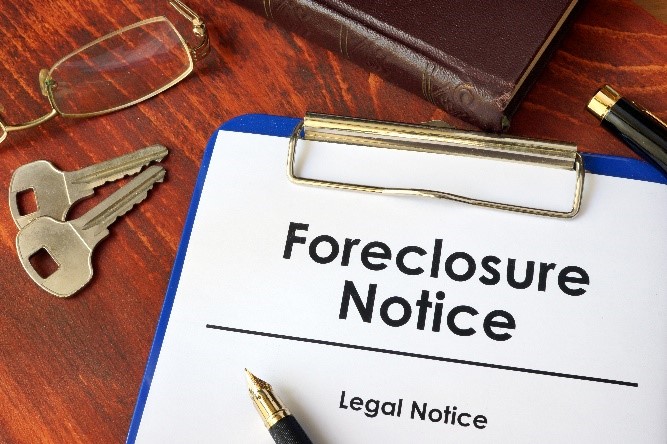Elections matter and votes for our current Sacramento elected officials have consequences. My last Blog discussed AB 2501 which was a proposed Foreclosure Law that would create moratoriums on Foreclosures. Our voices, calls, letters and emails to elected officials quelled AB 2501, however the Super Majority in Sacramento took many of those same destructive ideas and passed a couple of new Foreclosure related laws that will impact the Private Money Lending business.
On August 31, 2020, AB 3088, also known as the Tenant, Homeowner, and Small Landlord Relief and Stabilization Act of 2020, was signed into law. The law goes into effect immediately. AB 3088 is an omnibus bill which incorporates many previous tenant and landlord protection bills together.
The previous legislation included foreclosure moratoriums, mandatory lender forbearances, and a litany of other attacks on the mortgage lending industry. Thankfully, our combined efforts, along with other reputable mortgage associations, resulted in a very watered-down bill that will likely have minimal impacts for many mortgage lenders. Here is a Summary of AB 3088 – What lenders need to know:
- There is No Mandatory Forbearance Requirement – If a Covered Borrower requests a loan forbearance, the lender/loan servicer may deny the request so long as the lender/servicer provides the reason(s) why the request was denied, along with any curable defects in the request. For example, if the denial is because the borrower failed to provide bank statements to demonstrate hardship, then the lender would need to state that the request will be reconsidered upon receipt of bank statements.
- California Expanded its Homeowner’s Bill of Rights – Previously, first position consumer mortgage loans were required to go through a notification period with the borrower prior to recording a Notice of Default. The lender had an affirmative duty to attempt to contact the borrower to notify them of their default and potential to lose the property through foreclosure. This legislation expands the early intervention notification requirements to all loans secured by 1-4 family properties occupied by tenants in which the tenants are unable to pay rent due to a reduction in income related to COVID-19. Generally, compliance with HBOR adds 30-60 additional days to the foreclosure process in California.
- There are NO Foreclosure Moratoriums In The Bill. – Mortgage lenders may continue to foreclose in California but will need to make sure that they comply with additional notice requirements under the Homeowner Bill of Rights for 1-4 family residential property occupied by tenants.
In September 2020, Governor Newsom signed SB 1079 into Law. Here is a Summary of ASB 1079 – What lenders need to know: Under SB 1079, during a foreclosure auction, sellers would be prohibited from bundling homes together and selling them to a single buyer. Foreclosed homes would have to be sold individually. Then, after the initial bids at a foreclosure auction are received, tenants, families, local governments, affordable housing nonprofits, and community land trusts have a 45-day window to exceed the highest auction bid in order to buy the property. These provisions of SB 1079 apply to all residential properties with one to four housing units and will sunset in five years.
While these new laws may delay Foreclosures, California’s crucial “Non-Judicial” Foreclosure laws are still in place and there are no moratoriums on Foreclosing. We will continue to monitor and inform our Clients of significant impacts on Private Money Lending and Trust Deed investments.

